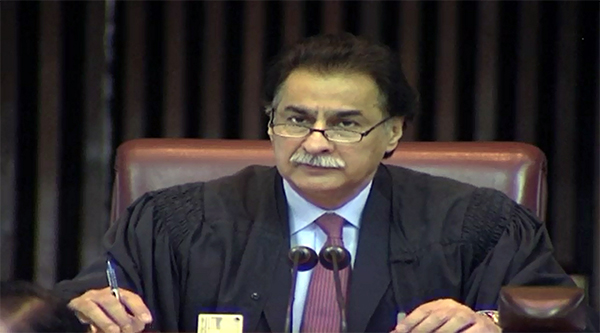India and Pakistan on Friday exchanged the lists of civilian and fishermen prisoners in each other’s custody. The Government of Pakistan shared with the Indian High Commission a list of 682 Indian prisoners detained in Pakistan, including 49 civilians and 633 fishermen. “This step is consistent with clause (i) of the Consular Access Agreement between Pakistan and India, signed on 21 May 2008, under which both countries are required to exchange lists of prisoners in each other’s custody on 01 January and 01 July every year,” the Foreign Office spokesperson said in a statement.
The Indian government also simultaneously shared a list of 461 Pakistani prisoners in India, including 345 civilians and 116 fishermen with the High Commission for Pakistan in New Delhi. According to reports, Pakistan has demanded the Indian government to release Pakistani nationals who have completed their sentences as soon as possible.
India has also urged Pakistan to expedite necessary action at its end to confirm the nationality status of 57 Pakistani prisoners, including fishermen, whose repatriation is pending for want of nationality confirmation by Pakistan.
Earlier in June, 20 Indian fishermen were released from Malir District Jail, Karachi, and were sent to Lahore by bus from where they were handed over to Indian authorities through Wagah border. Their travel expenses were borne by the Edhi Foundation; they were also given clothes, ration, essentials and cash as gifts as well. They had been arrested for violating maritime boundaries and were released after completion of their sentences. Pakistani nationals, including fishermen who were languishing in Indian jails, were also repatriated via the Attari-Wagah border after completing their sentences in February this year as well. It may be noted that the two nuclear-armed neighbors often arrest each other’s nationals on different charges, including spying.
Strained relations between the two neighbors keep prisoners in jail for longer periods, and in some cases, even after they serve their sentences. So much so, that many of them have been either killed or died during custody. Fishermen from both sides have long been paying a heavy price for fraught relations between the two neighbors. Both countries often arrest fishermen for violating each other’s seawaters due to poorly marked water boundaries and ill-equipped boats that lack the technology to specify exact locations.








